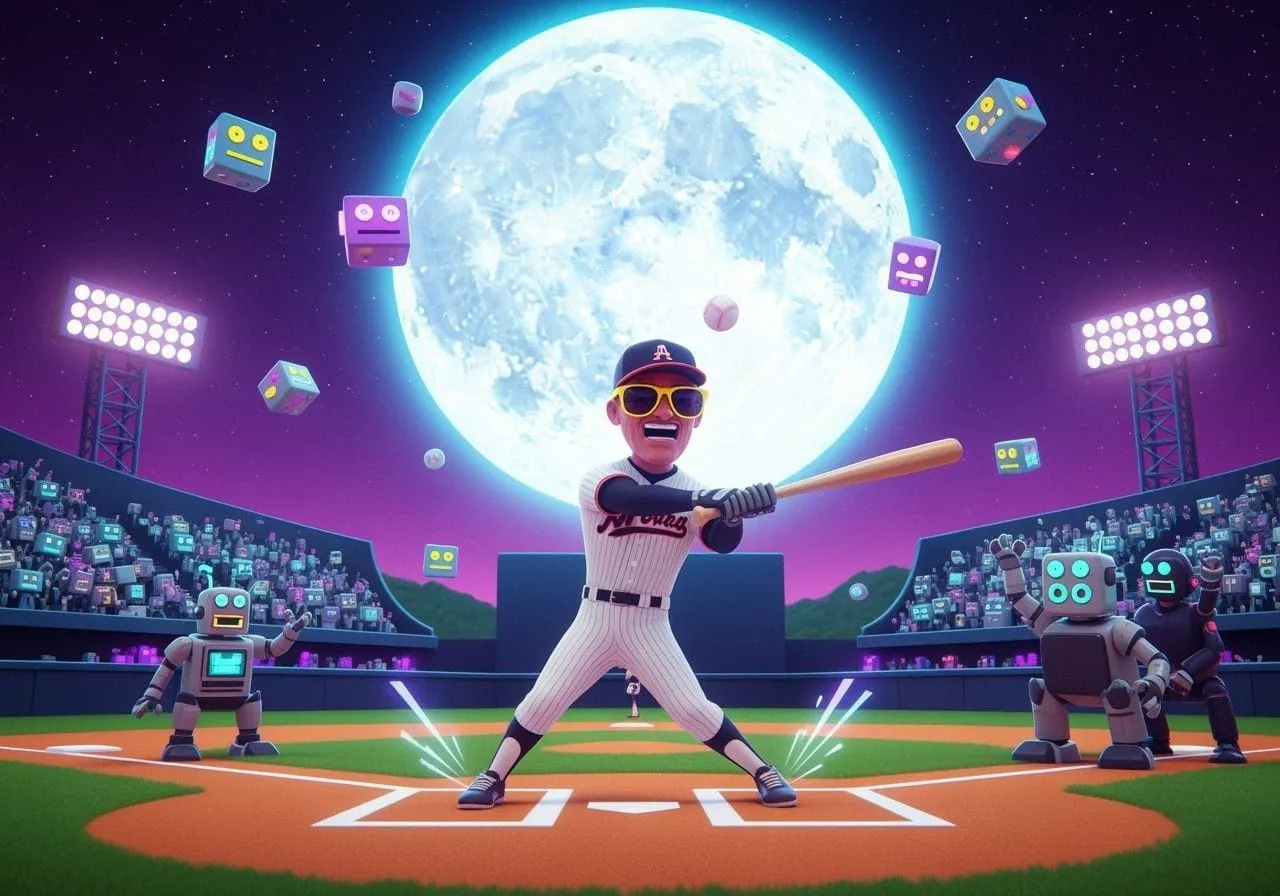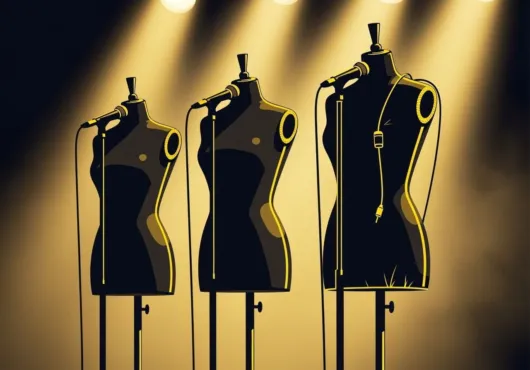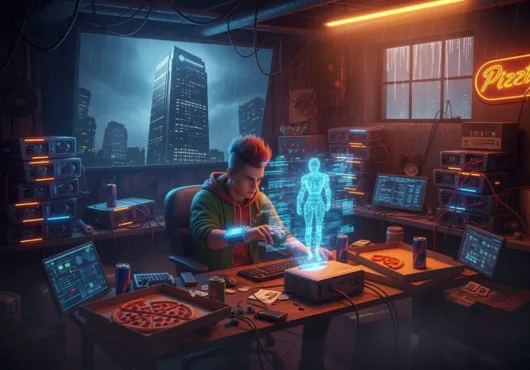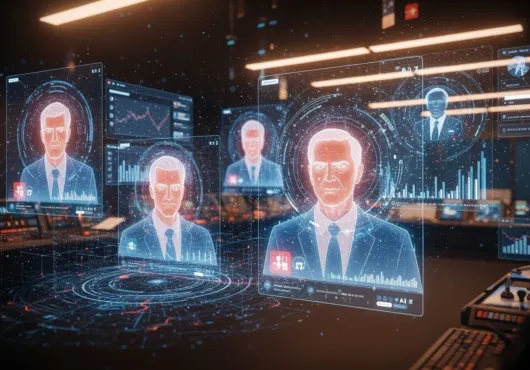Remember when we used to watch old footage of presidents or athletes and see them looking like… well, humans? Fast forward to today, and you can catch a video of Babe Ruth strolling alongside his younger self, his frame now so jacked he’d be more at home in the WWE than on a baseball diamond. It’s not nostalgia anymore—it’s a patriotic fever dream that plays out like a supercharged action flick, with the greatest of all time now looking like he’s ready to fight the Terminator.
What’s going on here? Is this the future of nostalgia? AI-powered videos that make us yearn for a past we’ve only imagined, even though we were never there? These videos aren’t memory lane—they’re more like a supercharged treadmill, running us in place while we pretend we’re actually going somewhere.
Marketing Nostalgia
AI has cracked the code on nostalgia marketing, but here’s the twist—it’s selling us a narrative of the past that’s been shaved down to look perfect. Every President looks like they just walked off the set of The Expendables, every athlete’s got a set of superhuman biceps. And then there’s Patriotic Nostalgia, the perfectly sculpted, beefed-up memory of our former selves. Sure, Babe Ruth was legendary, but this AI version? He’s ready to knock it out of the park—and then crush the competition with one punch.
But is this really what we wanted? Are we that desperate for a flawless past that we’ll Photoshop our memories with perfect abs and muscle suits? The AI is telling us what to miss, but what’s it really selling? The past we didn’t live, or the past we wish we had?
When Memories Become Merchandise
What AI nostalgia really boils down to is this: we’re outsourcing our memories to a machine that doesn’t have any. And it shows. These AI reimaginings of historical figures or events are like a fantasy render of what we wish we had—more streamlined, more perfect, less human. The past is manipulated into something more palatable, more digestible, and frankly, more marketable. If a memory can’t be sold as a product, does it even count as a memory anymore?
The Quest for the “Perfect” Past
AI nostalgia isn’t just about reimagining history; it’s selling us the fantasy of a perfect past. Every wrinkle, every scar, every mistake is edited out to create a glossy version of reality. Who needs the truth when we can have a high-definition, Instagram-ready memory?
Our Own Memories Are Fair Game
AI nostalgia isn’t limited to historical figures; it’s making its way into our personal memories too. Home videos? AI can turn them into a Hallmark movie. Family photos? It can brighten, smooth, and tweak until they fit a perfect narrative. The message? Your memories aren’t enough. If you want the past, AI’s got to clean it up and package it neatly.
We’re too scared to face our flawed memories. Maybe we know, deep down, they weren’t as flawless as we’d like to remember. So we let AI smooth things over, offering us something polished—but hollow.
What Are We Losing?
The deeper question is this: What’s being lost when AI shapes our perception of the past? The messy, authentic parts that define who we are. The flaws and struggles aren’t just details—they’re what make the story. AI nostalgia erases these, offering a version that’s easy on the eyes but hollow at its core.
The True Cost of AI Nostalgia
The real cost isn’t just monetary. It’s about what we’re losing when we replace real memories with AI-generated ones. If we can have any version of the past we want, will we even care about experiencing life as it happens? Will we start trading authentic moments for AI’s version of perfection?
Nostalgia’s Real Power Lies in the Story, Not the Abs
AI nostalgia might be able to create a muscle-bound Babe Ruth, but the real question is: What does that even mean? Sure, he looks impressive in this ultra-high-definition version of the past, but does it capture the real power of who he was? No, and it’s not a question of how close it is. It’s how far.



